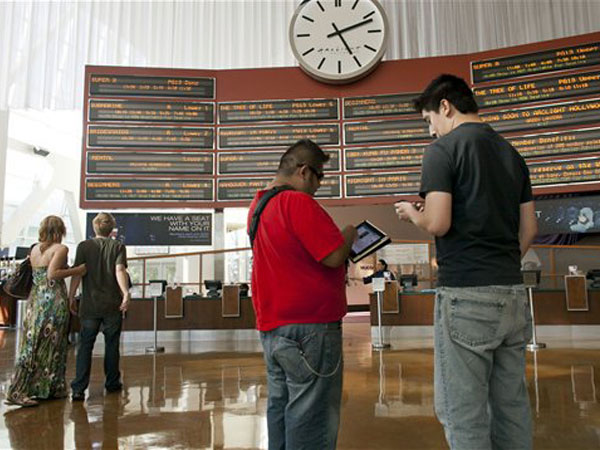Over the next 3 days I will be reflecting on the 11th anniversary of 9/11. The events of that terrible day reveal some fascinating insights into our Western contradictions, hope, happiness and what really matters in life. Today’s post is called ‘The Last Days of Mohamed Atta’ (Atta was of course one of the hijackers).
In his latest book, The Road Trip that Changed the World, Mark Sayers talks about the contradictions we all live with. He uses the very revealing example of the 9/11 hijackers and their exploits in the days before they slammed planes into icons of what they saw as Western decadence. Here is what Sayers says:
[vimeo http://vimeo.com/40927169 ]
The extraordinary actions of the hijackers highlights for me, not just the contradictions of our lives, but the confusion and deception we all buy into, whether or not we are aware of them (and mostly I don’t think we are aware).
All humans want to be happy. To quote an unlikely source – current Collingwood AFL coach Nathan Buckley – we all want to feel good. And our culture drums the message into us that a certain type of lifestyle will bring us the happiness we all crave. As M. Scott Peck said, we are people of the lie. In this case it is the lie that possessions will fill the void within.
In The Road Trip that Changed the World, Sayers goes on to talk about the consumer Christianity which has become so dominant in The US and in Australia. Relevant Magazine recently had an article questioning whether or not we would still follow Jesus if your life didn’t get any better. Here is a penetrating quote from the article:
“If we’re not careful, we inadvertently imply that if one only focuses enough on Jesus, one’s circumstances will get better, and better, and oh-so infinitely better.” This is the subtle promise of much Christianity today. If it is not straight out prosperity teaching, where the idea is that God has a plan for you to be fabulously rich and beautiful, then it is something more subtle where the idea is that God will ‘bless’ you when you serve him. And ‘blessing’ implies that things will go well for you.”












